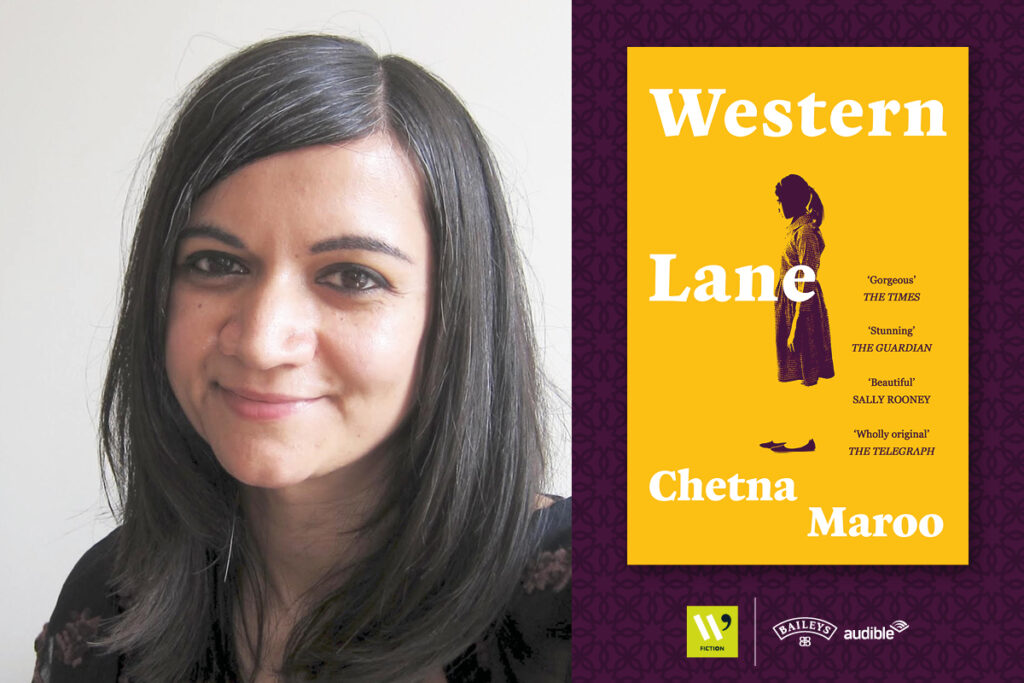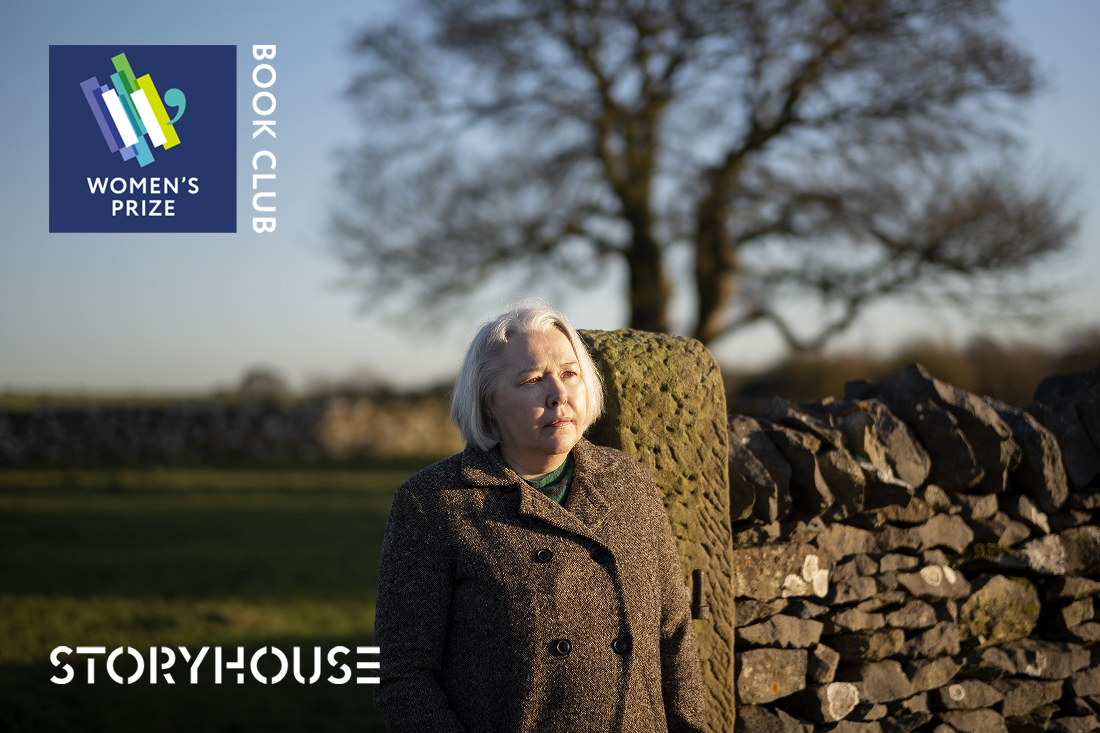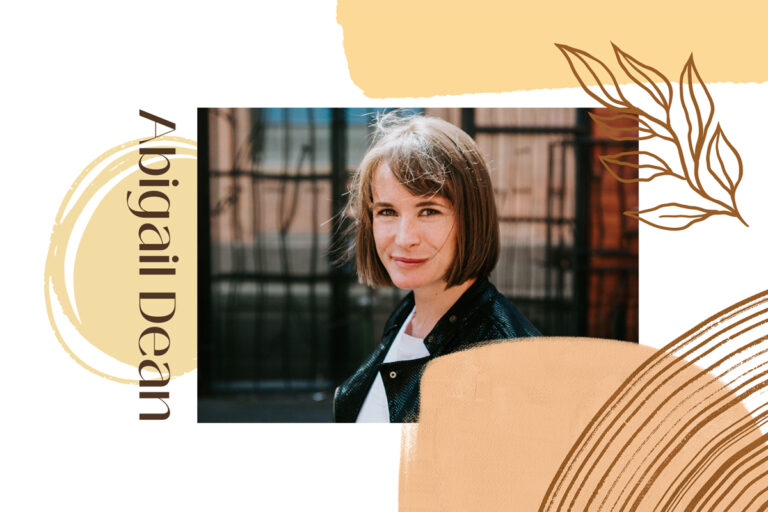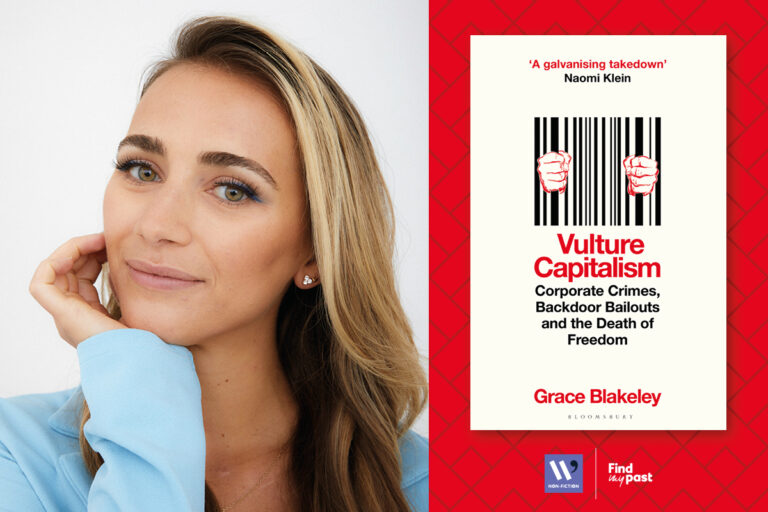Chetna Maroo’s debut Western Lane tells the story of Eleven-year-old Gopi, as her life is reduced to the sport of squash , guided by its rhythms: the serve, the volley, the drive, the shot and its echo.
An unforgettable coming-of-age story, Western Lane is a moving exploration of the closeness of sisterhood, the immigrant experience, and the collective overcoming of grief.
One of those exquisite books in which not one word is wasted. It is beautifully written.
Ayọb̀ámi Adébáyọ̀
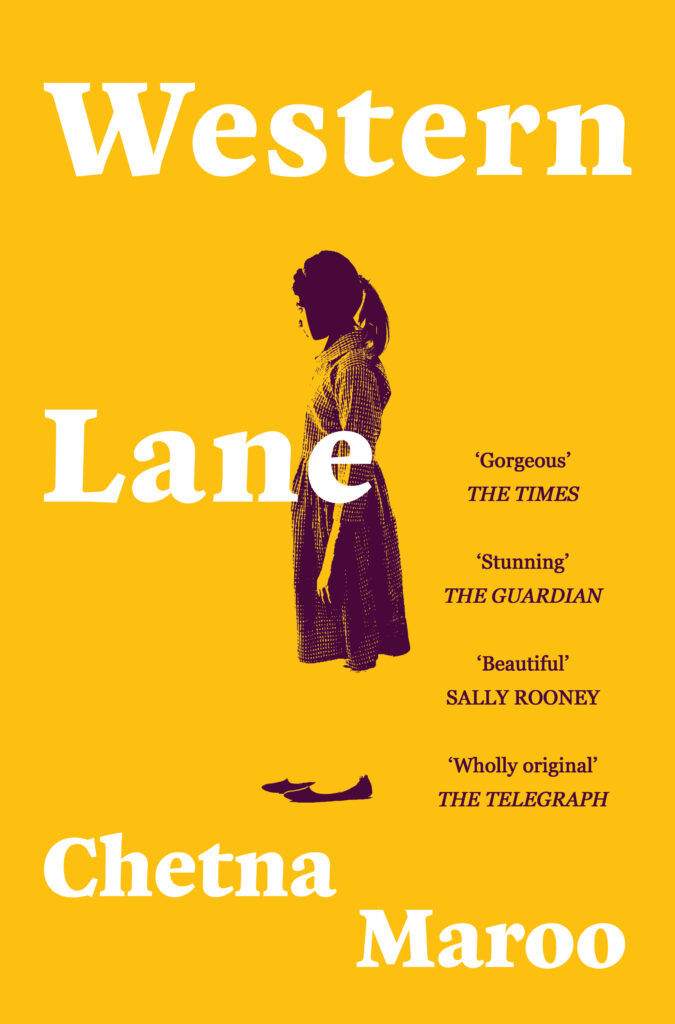
Describe your book in one sentence as if you were telling a friend.
It’s set in England in the 1980s and follows eleven-year-old Gopi and her sisters in the months after their mother’s death, as their father channels their grief into playing squash at a local leisure centre.
What inspired you to write your novel?
Western Lane started for me with the feeling of being inside a squash court, with a voice saying: ‘There were three of us.’ I knew there were three sisters in the court. I knew there was a father on the balcony above, instructing the girls. And I knew they all felt the presence of an absent mother. It’s rare for me to experience such a clear starting impulse for a story but I trusted it. I kept seeing the image of these three girls inside a glass box ‚Äì I wanted to know what was going on there.
Which part of the book was the most fun to write? Which was the most challenging?
I’m happier, creatively, once I’ve established some limits, boundaries to roam within and push against. And so, beginning the book was the most challenging thing; editing was the most fun.
If you could take one book to a desert island, what would it be and why?
Moominvalley in November by Tove Jansson (tr Kingsley Hart), about six lonely visitors to an empty house. It’s a book written for children, and is as profound as any truly great work of literature. It’s sad and strange; comic; philosophical. Despite its deep melancholy, I feel happy whenever I pick it up.
Where is your favourite place to write?
My desk at home.
If you hadn’t been a writer, what would you be doing now? Where would you be?
I’d be an accountant, which was my job while I was writing Western Lane.
